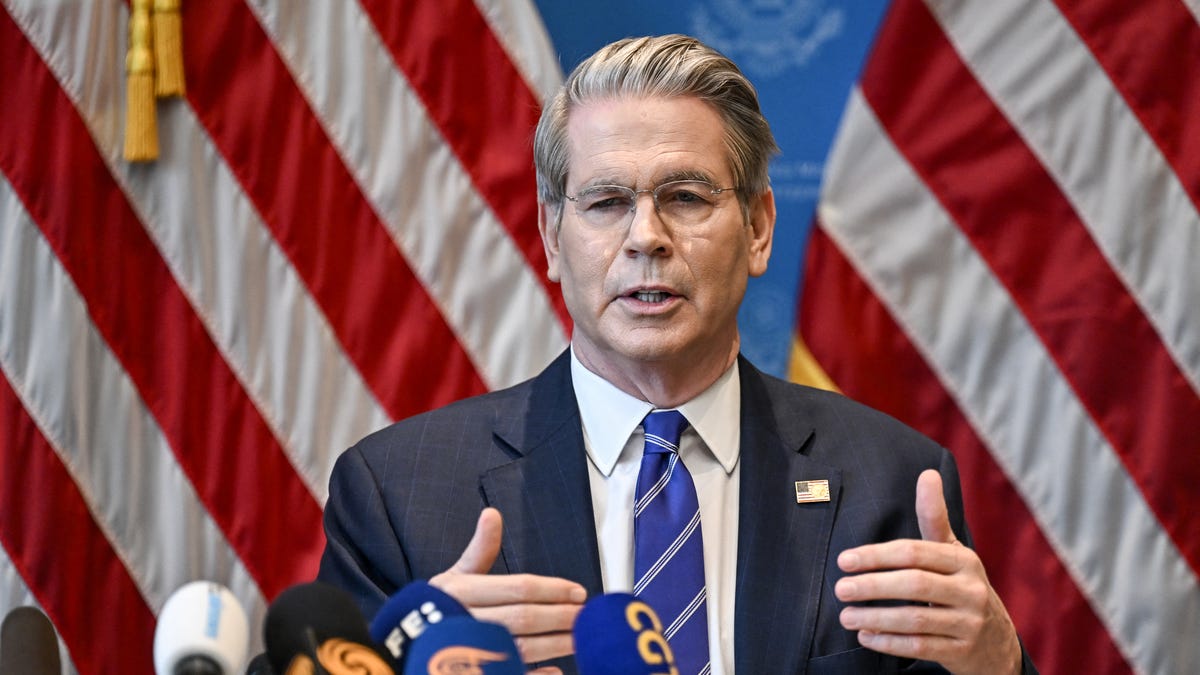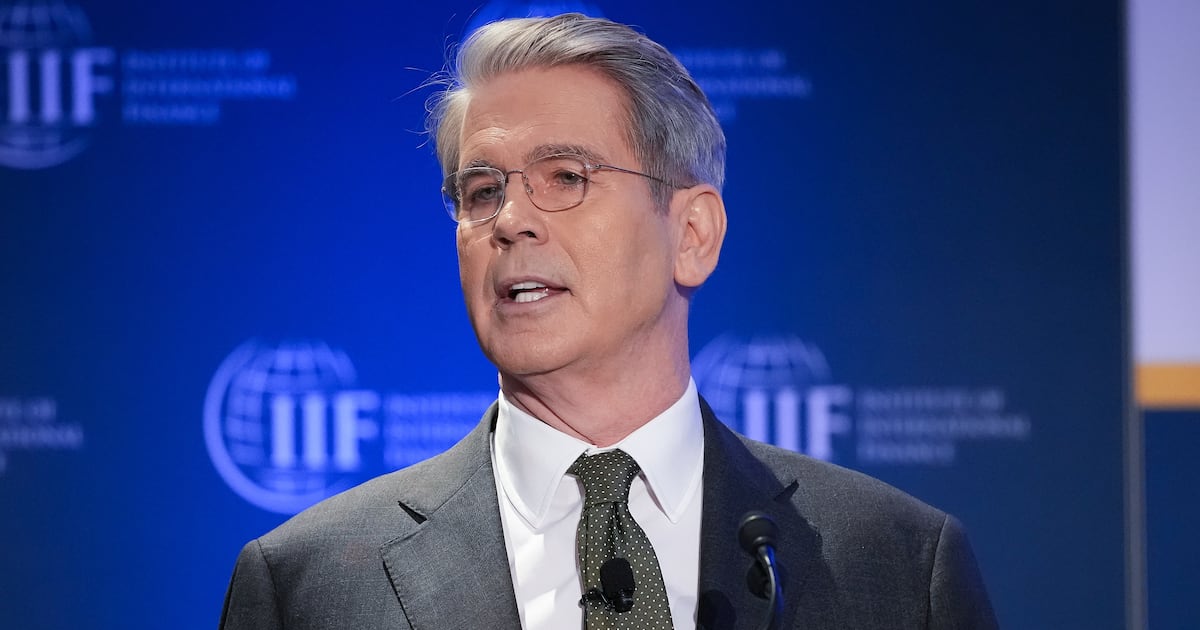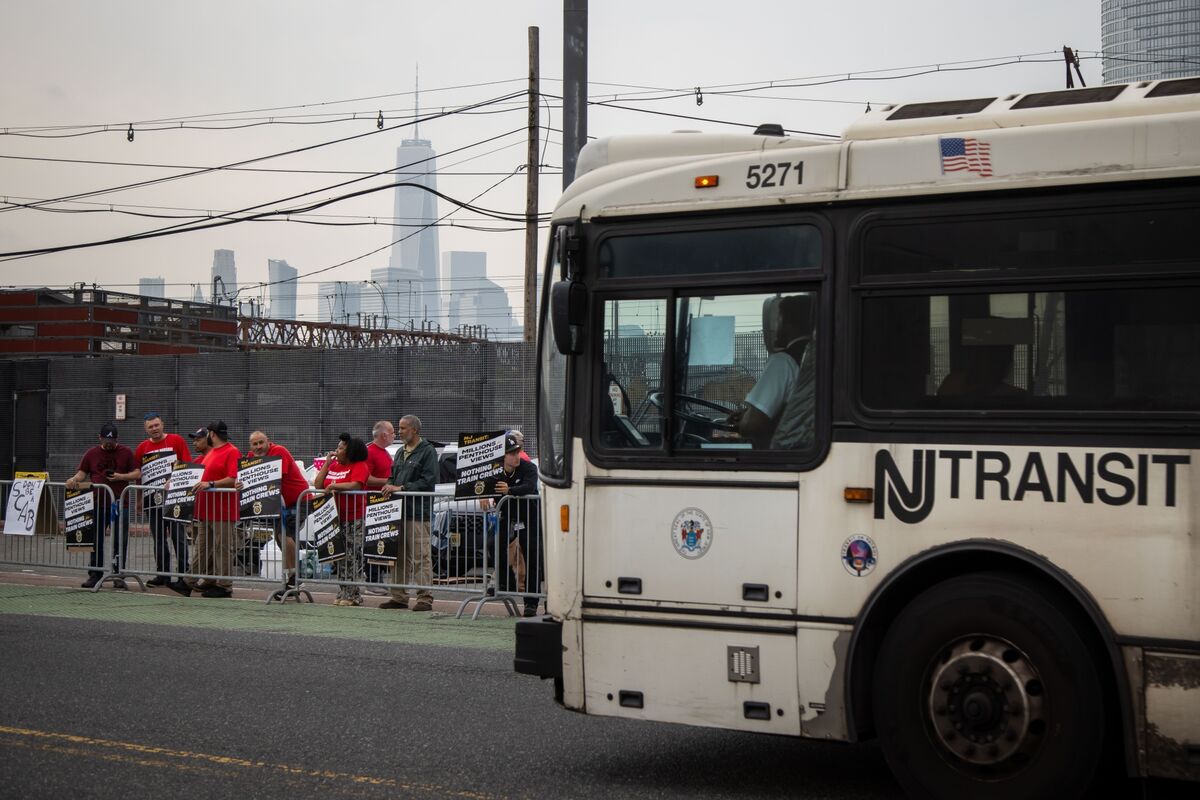Bessent says US will ‘never default’ and will raise debt ceiling
Treasury Secretary Scott Bessent said they are unclear still of the looming X date, when the U.S. would breach the debt ceiling.
WASHINGTON – Treasury Secretary Scott Bessent said retail giant Walmart “will be absorbing” the impact of President Donald Trump’s signature tariffs, but some costs “may get passed on to consumers.”
Bessent told CNN’s “State of the Union” May 18 that he spoke with Walmart CEO Doug McMillon the day before, when Trump told the company on Truth Social that they should “‘EAT THE TARIFFS,” and not charge valued customers ANYTHING.”
The back and forth came after McMillon told investors the company will “do our best” to keep prices down, “but even at the reduced levels, the higher tariffs will result in higher prices.”
“Understand, that came from an earnings call,” Bessent said of McMillon’s comment. “On an earnings call – because of SEC requirements – they have to give the most draconian case.”
“So Walmart will be absorbing some of the tariffs. Some may get passed on to consumers,” he added.
Trump has long insisted that other countries pay the cost of tariffs, despite many economists saying American businesses importing foreign goods pay for tariffs and usually pass that cost on to customers to retain their profit margins.
Bessent in the interview added that McMillon told him that the most important thing for Walmart’s customers are gasoline prices. Those have dropped since Trump took office, which economists note is due to a range of global factors.
“Service prices are down,” Bessent added. “So overall, I’d expect inflation to remain in line.”
Trump’s tariffs have upended global trade since early April, when he announced 10% tariffs on imports from all countries and higher nation-specific tariffs on 60 countries. He has since paused those additional tariffs and pursued negotiations with countries to reach a deal on rates.
Tariffs against China, the United States’ chief economic rival on the world stage, at one point reached a staggering 145% as rates ratcheted up in a trade war. But the two countries agreed on May 12 to slash tariffs for 90 days while they work out a long-term agreement.










